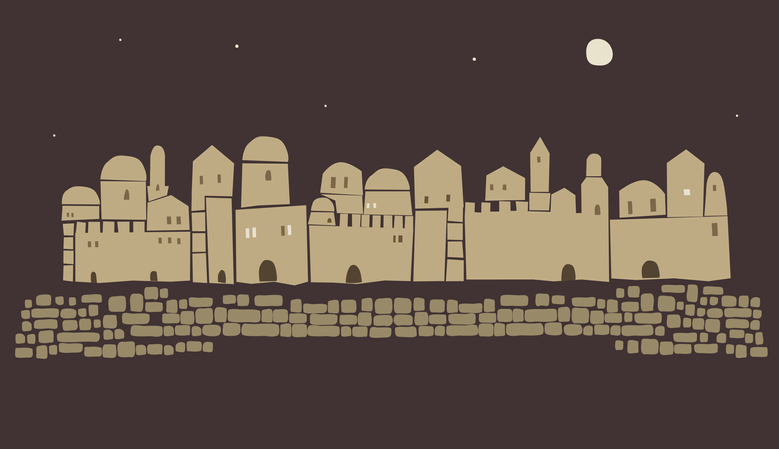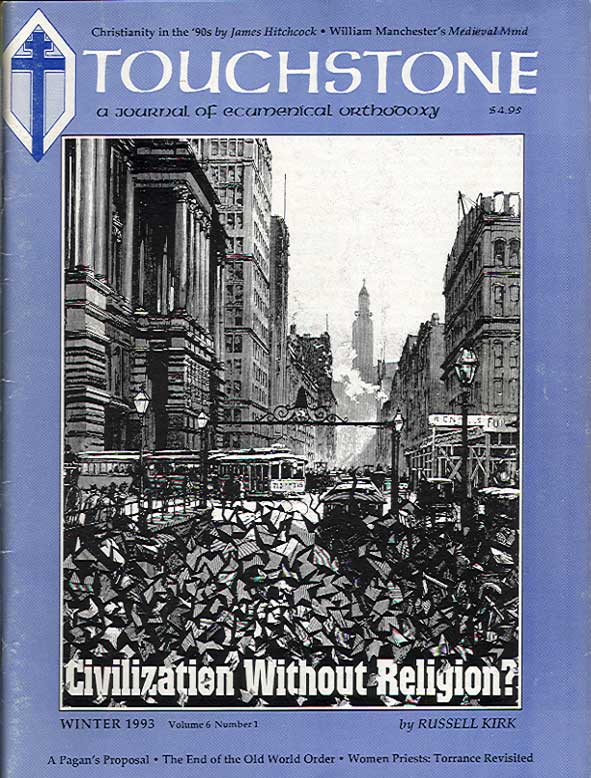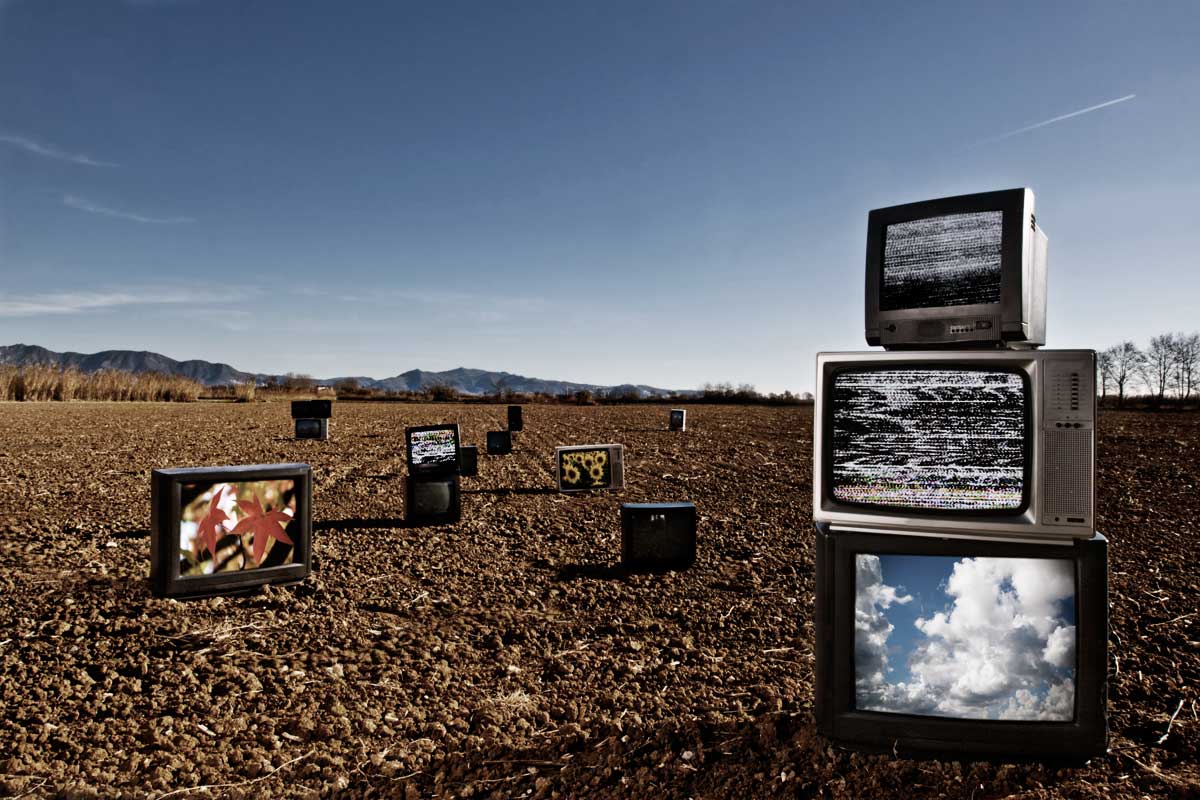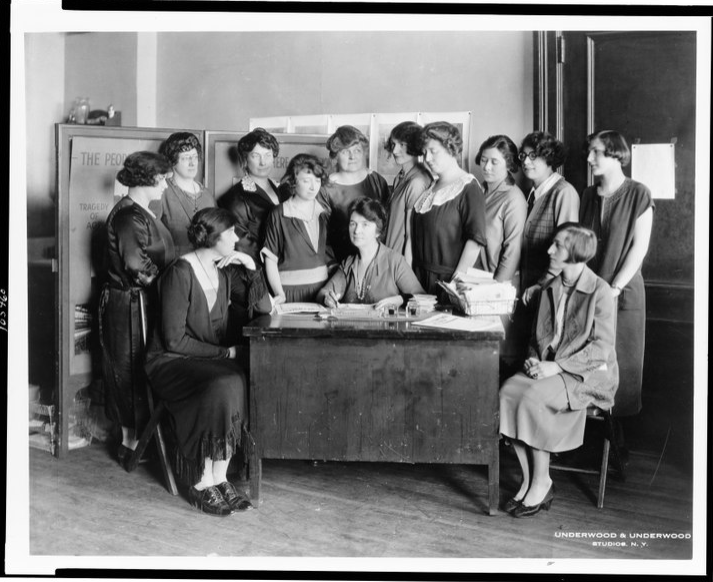Feature
Civilization Without Religion?
Sobering voices tell us nowadays that the civilization in which we participate is not long for this world. Many countries have fallen under the domination of squalid oligarchs; other lands are reduced to anarchy. “Cultural revolution,” rejecting our patrimony of learning and manners, has done nearly as much mischief in the West as in the East, if less violently. Religious belief is attenuated at best, for many—or else converted, after being secularized, into an instrument for social transformation. Books give way to television and videos; universities, intellectually democratized, are sunk to the condition of centers for job certification. An increasing proportion of the population, in America especially, is dehumanized by addiction to narcotics and insane sexuality.
These afflictions are only some of the symptoms of social and personal disintegration. One has but to look at our half-ruined American cities, with their ghastly rates of murder and rape, to perceive that we moderns lack the moral imagination and the right reason required to maintain tolerable community. Writers in learned quarterlies or in daily syndicated columns use the terms “post-Christian era” or “post-modern epoch” to imply that we are breaking altogether with our cultural past, and are entering upon some new age of a bewildering character.
Some people, the militant secular humanists in particular, seem pleased by this prospect; but yesteryear’s meliorism is greatly weakened in most quarters. Even Marxist ideologues virtually have ceased to predict the approach of a Golden Age. To most observers, T. S. Eliot among them, it has seemed far more probable that we are stumbling into a new Dark Age, inhumane, merciless, a totalist political domination in which the life of spirit and the inquiring intellect will be denounced, harassed, and propagandized against: Orwell’s Nineteen Eighty-Four, rather than Huxley’s Brave New World of cloying sensuality. Or perhaps Tolkien’s blasted and servile land of Mordor may serve as symbol of the human condition in the twenty-first century (which, however, may not be called the twenty-first century, the tag anno Domini having been abolished as joined to one of the superstitions of the childhood of the race).
At the End of an Era
Some years ago I was sitting in the parlor of an ancient house in the close of York Minster. My host, Basil Smith, the Minster’s Treasurer then, a man of learning and of faith, said to me that we linger at the end of an era; soon the culture we have known will be swept into the dustbin of history. About us, as we talked in that medieval mansion, loomed Canon Smith’s tall bookcases lined with handsome volumes; his doxological clock chimed the half-hour musically; flames flared up in his fireplace. Was all this setting of culture, and much more besides, to vanish away as if the Evil Spirit had condemned it? Basil Smith is buried now, and so is much of the society he ornamented and tried to redeem. At the time I thought him too gloomy; but already a great deal that he foresaw has come to pass.
The final paragraph of Malcolm Muggeridge’s essay “The Great Liberal Death Wish” must suffice, the limits of my time with you considered, as a summing-up of the human predicament at the end of the twentieth century.
“As the astronauts soar into the vast eternities of space,” Muggeridge writes, “on earth the garbage piles higher; as the groves of academe extend their domain, their alumni’s arms reach lower; as the phallic cult spreads, so does impotence. In great wealth, great poverty; in health, sickness, in numbers, deception. Gorging, left hungry; sedated, left restless; telling all, hiding all; in flesh united, forever separate. So we press on through the valley of abundance that leads to the wasteland of satiety, passing through the gardens of fantasy; seeking happiness ever more ardently, and finding despair ever more surely.”
Just so. Such recent American ethical writers as Stanley Hauwerwas and Alasdair MacIntyre concur in Muggeridge’s verdict on the society of our time, concluding that nothing can be done, except for a remnant to gather in little “communities of character” while society slides toward its ruin. Over the past half-century, many other voices of reflective men and women have been heard to the same effect. Yet let us explore the question of whether a reinvigoration of our culture is conceivable.
Surprise Turning Points
Is the course of nations inevitable? Is there some fixed destiny for great states? In 1796, a dread year for Britain, old Edmund Burke declared that we cannot foresee the future; often the historical determinists are undone by the coming of events that nobody has predicted. At the very moment when some states “seemed plunged in unfathomable abysses of disgrace and disaster,” Burke wrote in his First Letter on a Regicide Peace, “they have suddenly emerged. They have begun a new course, and opened a new reckoning; and even in the depths of their calamity, and on the very ruins of their country, have laid the foundations of a towering and durable greatness. All this has happened without any apparent previous change in the general circumstances which had brought on their distress. The death of a man at a critical juncture, his disgust, his retreat, his disgrace, have brought innumerable calamities on a whole nation. A common soldier, a child, a girl at the door of an inn, have changed the face of fortune, and almost of Nature.”
subscription options
Order
Print/Online Subscription

Get six issues (one year) of Touchstone PLUS full online access including pdf downloads for only $39.95. That's only $3.34 per month!
Order
Online Only
Subscription

Get a one-year full-access subscription to the Touchstone online archives for only $19.95. That's only $1.66 per month!
bulk subscriptions
Order Touchstone subscriptions in bulk and save $10 per sub! Each subscription includes 6 issues of Touchstone plus full online access to touchstonemag.com—including archives, videos, and pdf downloads of recent issues for only $29.95 each! Great for churches or study groups.
Transactions will be processed on a secure server.
more on culture from the online archives
more from the online archives
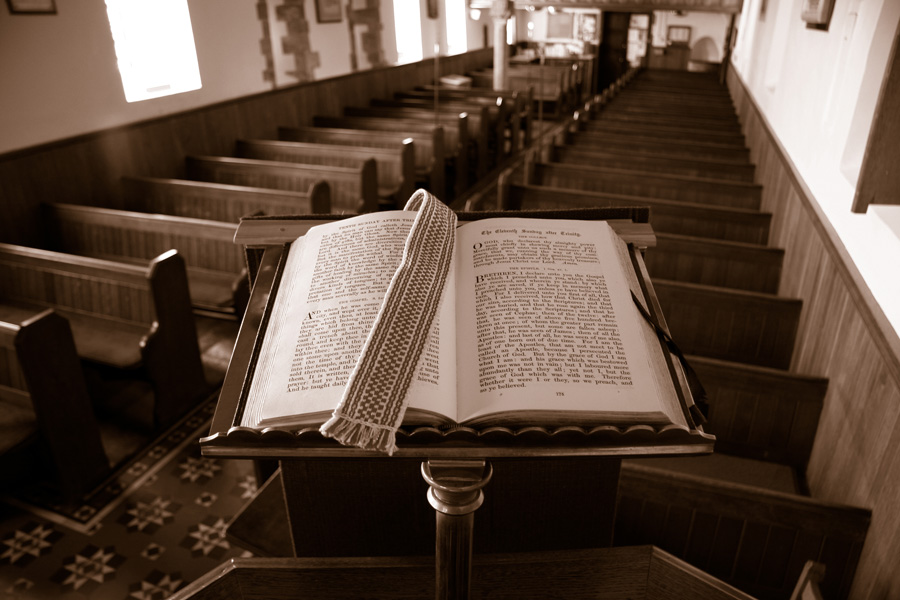
8.4—Fall 1995
The Demise of Biblical Preaching
Distortions of the Gospel and its Recovery by Donald G. Bloesch
calling all readers
Please Donate
"There are magazines worth reading but few worth saving . . . Touchstone is just such a magazine."
—Alice von Hildebrand
"Here we do not concede one square millimeter of territory to falsehood, folly, contemporary sentimentality, or fashion. We speak the truth, and let God be our judge. . . . Touchstone is the one committedly Christian conservative journal."
—Anthony Esolen, Touchstone senior editor





